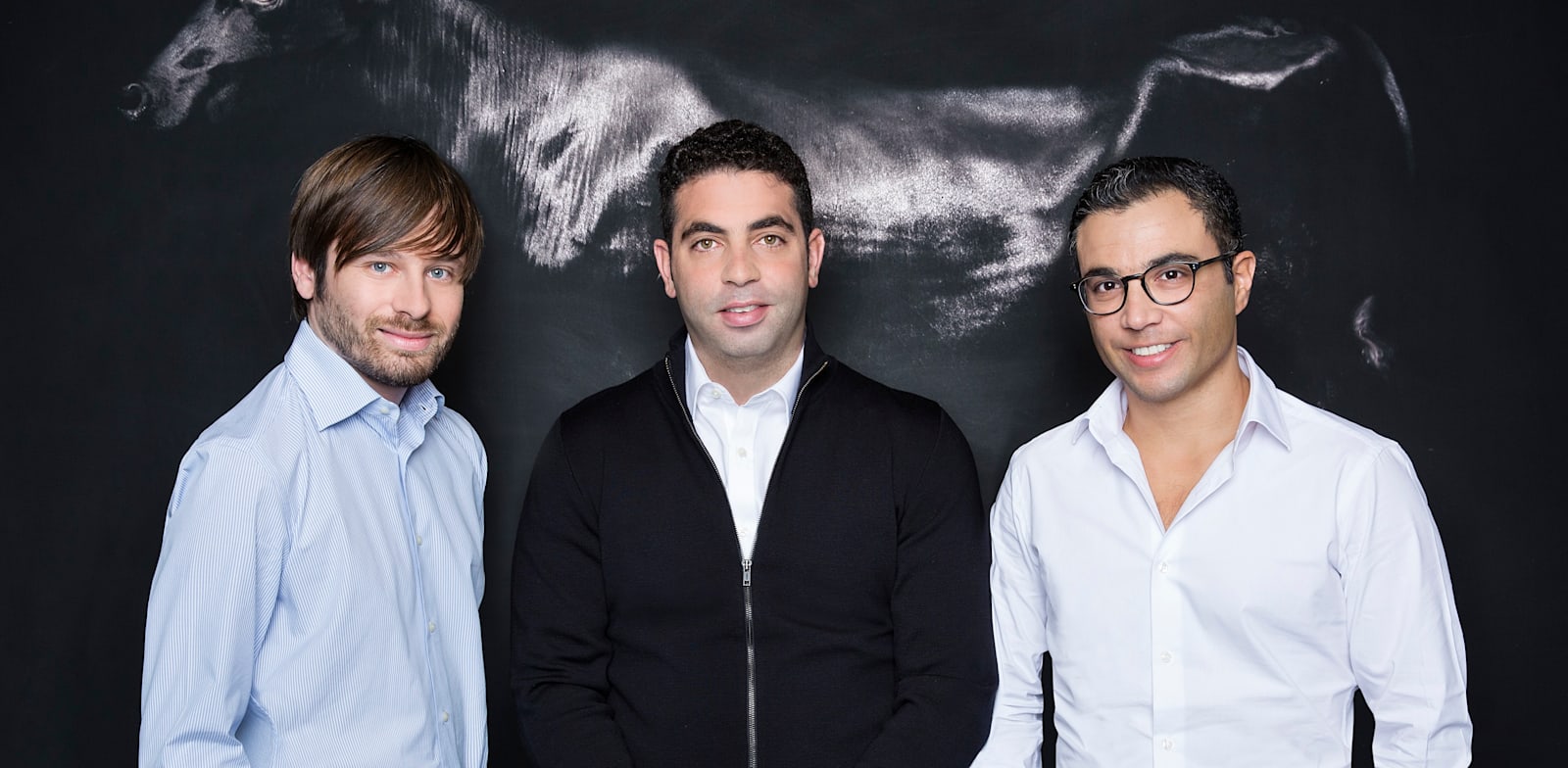
Credit Suisse Crisis Impacts Israeli Fintech Pagaya Technologies, Prompting Shift to Quarterly Payments
Pagaya Opportunity Fund Adapts to Increased Withdrawals Amid Credit Suisse Turmoil, Highlighting Ripple Effect on Fintech Industry
The recent crisis at Credit Suisse Bank has had far-reaching consequences, with its impact being felt by Israeli fintech company Pagaya Technologies. Credit Suisse, which has been grappling with difficulties for more than a decade, has experienced a slow collapse since the subprime crisis in 2008. The bank's stock has plummeted 90% since then. Despite the Swiss Central Bank's insurance, investors remain wary, drawing parallels to the US banking crisis where the Federal Reserve's bailout plans and President Biden's promises failed to prevent bank collapses.
Pagaya Technologies, which specializes in risk assessment for credit providers, has been facing a high demand for withdrawals from its Pagaya Opportunity Fund due to Credit Suisse's struggles. As a result, the company announced a change of policy last week, shifting from immediate payments to quarterly payments for investors seeking to redeem their investments. Sources have informed "Globes" that the rise in withdrawals is due to fears that Credit Suisse would collapse, which led to a run on the bank until the Swiss government arranged for UBS to acquire Credit Suisse at a bargain price of $3.2 billion.
Pagaya Technologies is traded on Nasdaq with a market cap of $662 million after completing a SPAC merger last year at a valuation of $8.5 billion. The Pagaya Opportunity Fund, established in 2018, invests in P2P consumer credit in the US and operates in accordance with an internal platform developed by Pagaya. Credit Suisse is one of the clients of the Pagaya Opportunity Fund, investing in it on behalf of its own customers.
With the high demand for withdrawals from investors amounting to tens of millions of dollars above regular demand, the Pagaya Opportunity Fund has suspended the possibility of fully and immediately cashing out funds. Instead, customers will receive the requested funds partially in quarterly installments. This measure, known as the Side Pocket mechanism, is a common practice among investment funds when there is a liquidity problem or fear of such a problem arising.
The fund managed $1.3 billion by the end of 2022, with returns of 4.09% net, after assets were revalued down by 2% in December 2022 due to the macroeconomic situation. However, the rise in interest rates and the change in the macroeconomic environment have led to an increase in requests to withdraw funds from the Pagaya Fund. In response, the Pagaya Fund decided to reduce the value of its investment portfolio last December by tens of millions of dollars, resulting in a negative return of 1.74% for the last month of 2022. As a result of redemptions and negative revaluations, the fund's assets currently stand at $1.28 billion, and it is estimated that due to the redemptions, the amount of assets will further decrease in the coming months.
Read More
-
Vanguard S&P 500 ETF (VOO) Stays Above $600 as Buybacks, Growth, and Rate Cuts Power U.S. Rally
16.10.2025 · TradingNEWS ArchiveStocks
-
XRP ETFs Surge With $1.9B Inflows to XRPI, XRPR, and XRPL XRP-USD Slides to $2.33
16.10.2025 · TradingNEWS ArchiveCrypto
-
Natural Gas Drops Below $3.00 as Record Output and Warm Weather Pressure Prices
16.10.2025 · TradingNEWS ArchiveCommodities
-
USD/JPY Price Forecast - USDJPY=X Drops Below 151.10 as Overbought Dollar Faces Pressure from Weak Momentum and Rising Geopolitical Tension
16.10.2025 · TradingNEWS ArchiveForex


















